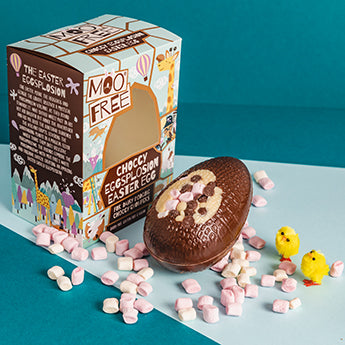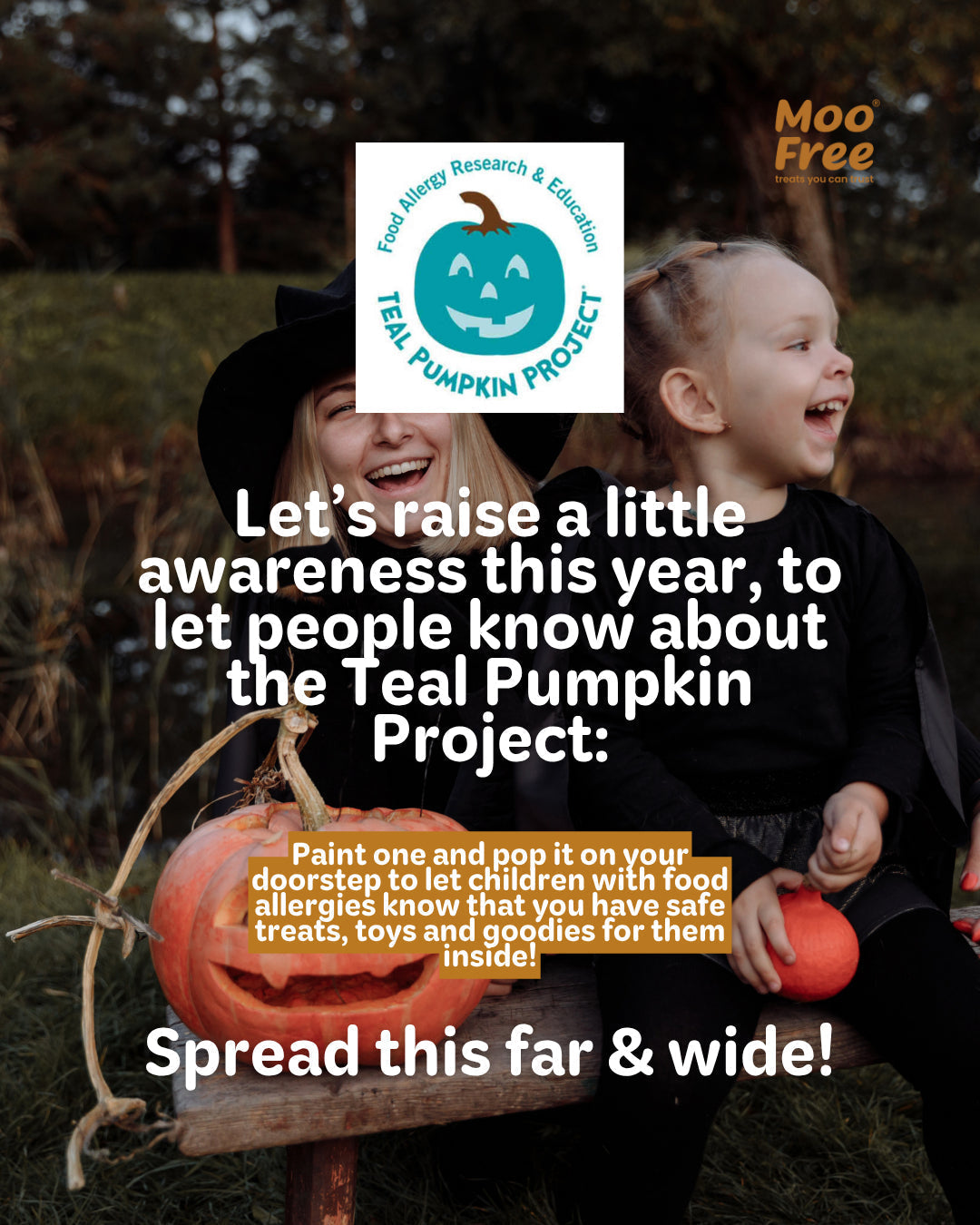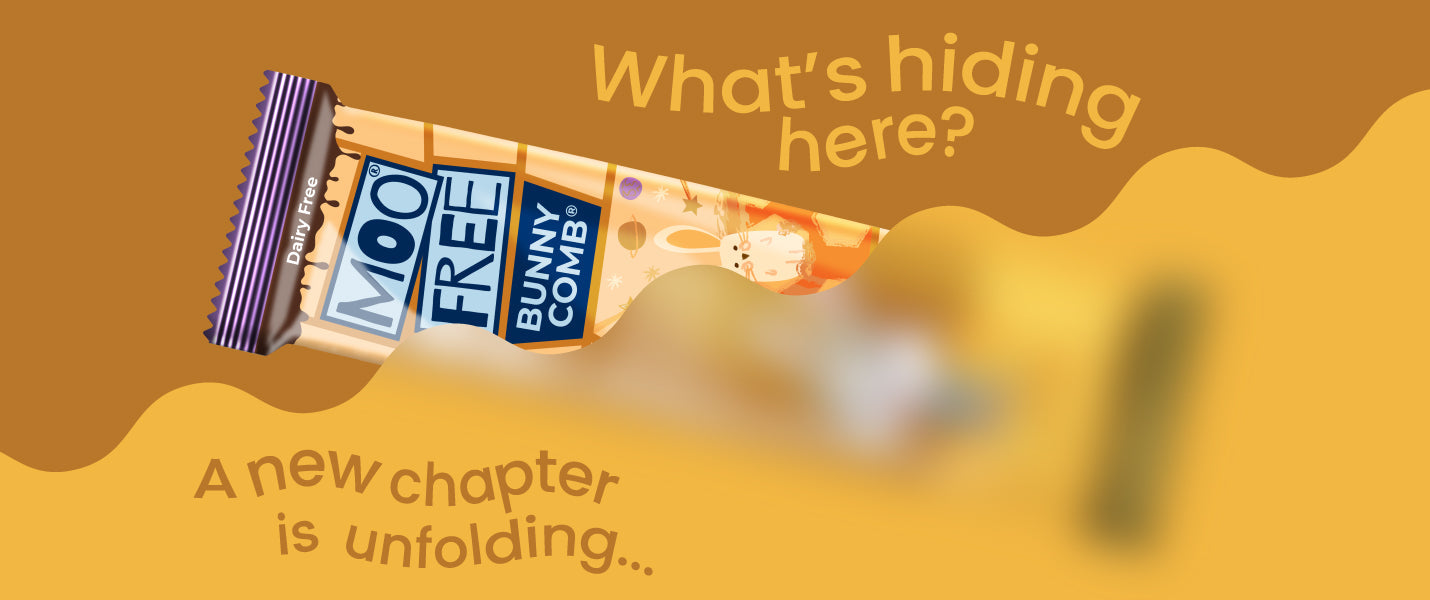As it’s approaching Easter and tons of chocolate is just flying off the shelves, we thought this would be a good time to address 5 common concerns about the production of chocolate and specifically, delicious Easter Eggs. You know that our vegan Easter eggs are free from gluten and soya but many of you are concerned about ethics. Quite right – so are we! However, chocolate is one of life’s pleasures and you shouldn’t have to wade through tons of information to get your fix. So we’ve done it for you.

- What are the issues surrounding a fair deal for farmers?
Unfortunately, chocolate is one of the commodities for which growers are often given an unfair price. You should ideally buy chocolate from a company that demonstrates how it ensures a fair deal for farmers. This is something we feel strongly about and most of our chocolate is UTZ certified. UTZ is part of the Rainforest Alliance and sets high standards that cover fair payment for growers, along with measures for protecting the environment. So you can relax - your delicious ‘free from’ and vegan Easter Eggs are part of an ethical supply chain.
- What are the potential environmental issues associated with Easter Eggs?
One of the key environmental issues surrounding all agriculture is the use of pesticides. Pesticides go deep into the soil; they can poison the water supply as well as the air and they can poison the farmers and the workers. There are further problems associated with growing palm oil and soya which are both common ingredients in chocolate. Vast areas of rainforest around the world are cleared every day to grow these crops.
Here at Moo Free, we’ve taken the decision not to use either soya or palm oil. This has created challenges but we feel that this is right for our chocolate. All of our chocolate is either organic, meaning no pesticides are used, or as mentioned, UTZ/Rainforest Alliance certified. The Rainforest Alliance has strict environmental standards and runs education programmes to teach farmers how to grow cocoa using alternatives to pesticides.
- What about the packaging?
Each year, more than 8,000 tonnes of waste is generated just from Easter egg packaging and cards alone. Approximately 80 million chocolate eggs are sold in the UK at Easter which generates around 4,370 tonnes of card and 160 tonnes of foil waste.
These are huge numbers to get your head around and it’s easy to see why this is an issue that causes so much concern. Many of the big chocolate manufacturers have started to make changes, including using more recycled or recyclable materials.
Packaging has become our obsession. We’ve tried every kind of wrapping that there is and we wrote a report about it. Unfortunately, chocolate is highly absorbent, meaning it can take on the taste of whatever it comes into contact with. Yup! That includes cardboard. So, the best solution currently is the recycled and recyclable plastic that we use. We never use single-use plastic. So please, please recycle your plastic after you’ve removed your delicious egg.

- Are Easter eggs cruel to animals?
Most chocolate contains dairy. The issues with the dairy industry are widely documented and it’s best for you to do your own research – we don’t really feel it our place to tell you where you should stand on consuming dairy products.
However, if you don’t like the idea of dairy products in your Easter chocolate, you’ll be glad to know that here at Moo Free, we only make vegan Easter Eggs and each one is registered with the Vegan Society.
- Are Easter eggs bad for my health?
The great people at The Huffington Post wrote a wonderful article that covers no less than 17 reasons why you should eat chocolate every day. We’re not really so sure but it has been repeatedly proven that chocolate has benefits for your health, both physical and mental. However, your Easter Eggs do contain fat and sugar and we know that over a long period of time, high quantities of fat and sugar can be detrimental to your health and your waistline. Luckily, Easter only comes once a year!
So here you have it. The news is not all bad. If you choose your Easter eggs carefully, there really is no need for concern about your impact on the planet, your fellow human beings or other creatures.
Happy Easter!






